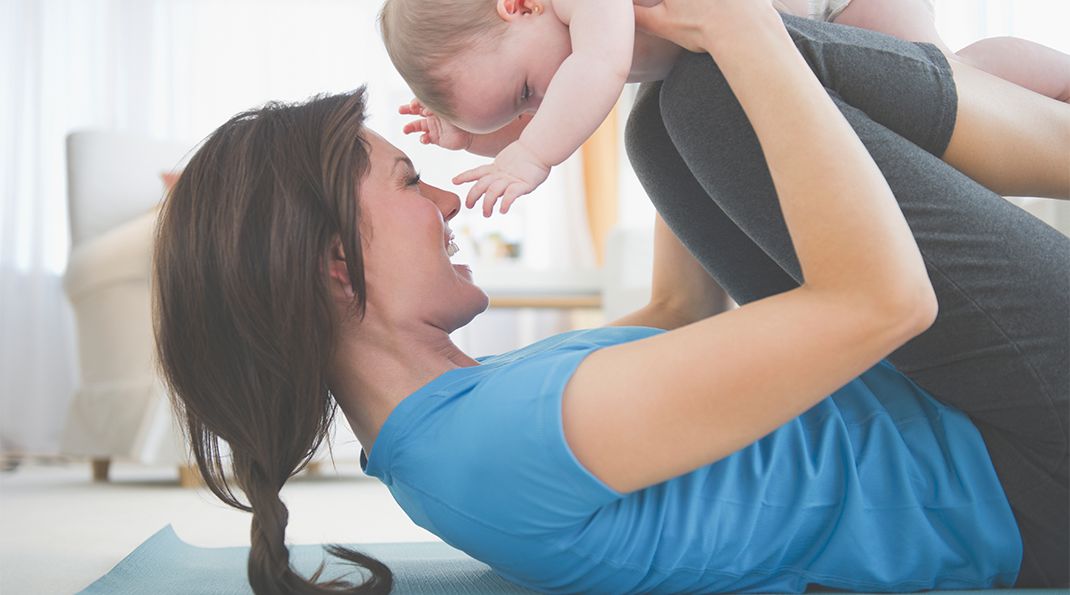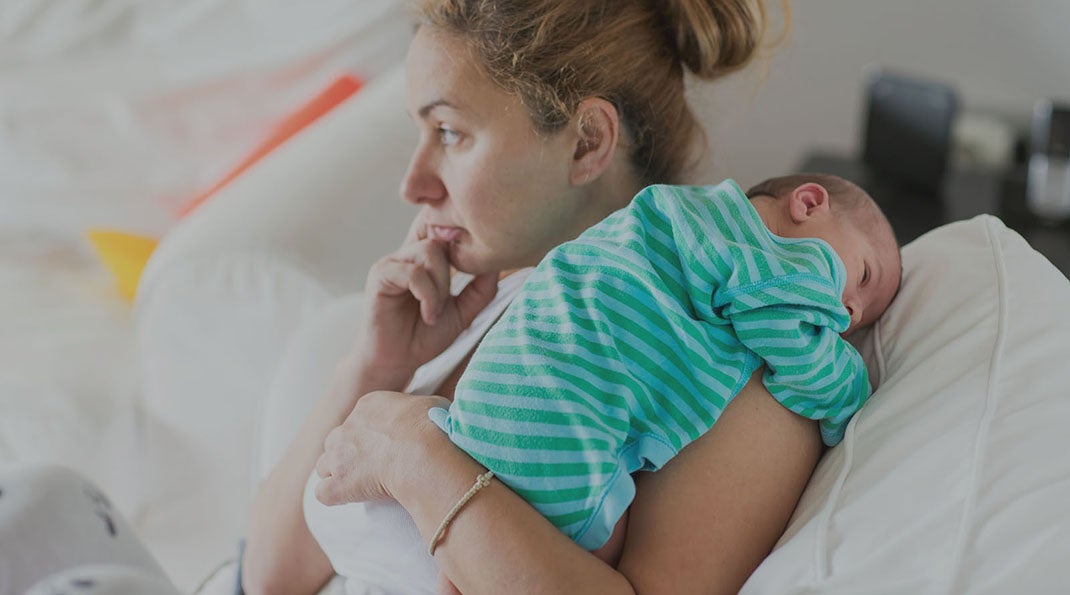Introduction
Feeling overwhelmed by your first week with newborn? It’s ok, many parents do. So, here’s some top tips and advice to help you get ready for that all-new baby routine.
Feeding a newborn
There’s no better way to bond with your new arrival than feeding them. It’s recommended by the World Health Organisation (WHO) that you exclusively breastfeed for the first six months, and up to 2 years if possible, alongside a balanced diet of complementary food. The first milk mums produce is called colostrum and is packed with important protein and antibodies. It may take a little time for both of you to get the hang of how to feed, how often and how much. Speak to your midwife if you’re not sure. If you still feel you could use a little assistance, have a look at our breastfeeding tips. If for any reason you are unable to breastfeed, read our tips on expressing and bottle feeding.
Newborn nappy changing
For your first nappy change you may be a bit surprised because baby’s first poos are usually greenish black. They’re made of waste matter that baby has digested in your womb. It’s called meconium – it’s very sticky and hard to clean but doesn’t last long. Very soon your baby’s poo will become a lighter mustard colour. Again, this is normal.
FYI: poo from breastfed babies is less smelly and a bit runnier than formula-fed baby poo.
Be ready for anything - there’s lots more to learn about baby poo.
Body changes after giving birth
It took nine months for your body to grow a baby so getting back to normal is going to take a while.
-
You may feel contractions as your womb continues to shrink
-
It’s perfectly normal to bleed for up to two weeks, the blood will turn from bright red to brown and will reduce over time.
-
If you’re overly active, bleeding might briefly start up again but will taper off with rest. If it continues to be heavy and bright red, contact your GP, midwife or hospital for advice ASAP.
-
You might also feel sore around your vagina, especially if you had tearing or an episiotomy – ask your midwife for advice.
-
If you feel uncomfortable going to the toilet don’t worry, it shouldn’t last long. Drink plenty of water and add more fibre to your diet such as fruit, vegetables, rye crackers, oatcakes, unsalted nuts or seeds.
-
Me-time is good for you and for your baby. Try to set aside ten minutes every day just for you and let someone else look after baby while you relax.
-
Sleep helps your body and mind repair itself after birth – so try to get some sleep when baby sleeps.
-
Speak to your midwife if you feel you aren’t healing or don’t feel right in any way at all.
-
If you’ve had a c section, your recovery may take a little longer and you might need painkillers for a few days. You can feed and carry your baby but you shouldn’t lift more than that until you’re given the all-clear. The HSE has a detailed guide to recovery after c section if you need more Information.
Dealing with visitors after birth
A new baby is a mega attraction, but lots of visitors can be tiring. So, here’s a plan.
-
Don’t be afraid to say ‘No’ – friends and family will understand if you’re not up to visitors.
-
Short visits are best so it’s ok to tell friends and family when it’s time to go.
-
If visitors offer to help around the house, say yes please. A lot.
-
Try to ration visits – you’ll appreciate the company and help more if they’re spread over the coming weeks.
Read more tips on our article how to handle visitors after giving birth.
Mental health after birth
You may not hear people talking about the baby blues much, but they’re quite normal and usually pass.
-
85% of new mums will feel irritable, emotional or even burst into tears for no reason
-
If these feelings persist or get worse, it could be postnatal depression – around 1 in every 10 mums experience postnatal depression within a year of giving birth.
-
Discuss your feelings with your partner — and your doctor, midwife, or healthcare professional to get the advice and support you need.
Having a baby and becoming a parent for the first time is like being on a massive emotional rollercoaster. You’ll be up, down and sometimes all over the place! Dealing with new mum emotions is entirely normal and most parents will go through it at some stage.
Support for new parents
There are plenty of people around you who can form a postnatal support team while you settle in.
-
You’ve had a baby! Family and friends will be very happy to help – just let them know what you need, and when.
-
It’s ok, you’re not the only person feeling like this.
-
There are local dad support groups to check out. Also, speak to friends with slightly older children and who can give you tips.
-
In the early days the best sources of support and advice will be your midwife and other healthcare professionals. Don’t be afraid to ask.
-
Look up nearby postnatal groups for new-mum-and-dad chat.
-
Find out about local breastfeeding support groups and resources
How to support a new mum
In the first weeks, mum needs strong support, positivity and encouragement from those around her. Here's how you can be there for her:
-
Learn about feeding - breast and bottle. The more you know, the more you can support.
-
Ask mum how she’s feeling, ask how you can help and try to anticipate her needs. Her experiences will be much better if she knows someone is listening and supporting her.
-
Be kind, be patient and be encouraging. It goes a long, long way.
-
Mum needs to heal and produce milk. So, make healthy meals and offer drinks to keep her hydrated.
-
Try and handle household chores, run errands and prepare healthy meals where possible. Mum will probably have her hands full and she’ll be busy feeding baby.
-
Join mum and baby during a feed – to bond, and to learn baby’s hunger cues.
-
Take part in nappy changing duties. Once you do one, you’ll get the idea.
-
Cuddle, hug, play, and provide emotional nourishment to your baby.
-
Let mum have time on her own, for a bath, a stroll or just to sleep
How to support your partner
A little over nine months ago, it was just the two of you. Then just you two and your bump. Now it’s you three (or more).
Everything has changed, for both you and your partner. Try to spend a little time together – just the two of you – it might be a cup of coffee or a walk to the shops.
-
Start parenting on an equal footing, sharing any baby and house chores if you haven’t already.
-
Don’t grin and bear it. If you’re anxious or struggling, ask for help.
-
If your partner offers to help, let them. And say thanks.
-
If baby seems to have come between you don’t worry, they’ll soon bring you closer together.
-
You’ll need some ‘me’ time. And so will your partner.
Remember that dads can experience from postnatal depression too. If you think he’s struggling, look out for support groups in your local area. You could ask close friends with older children in case they’ve been through something similar in the past. Mind website also has useful information.









